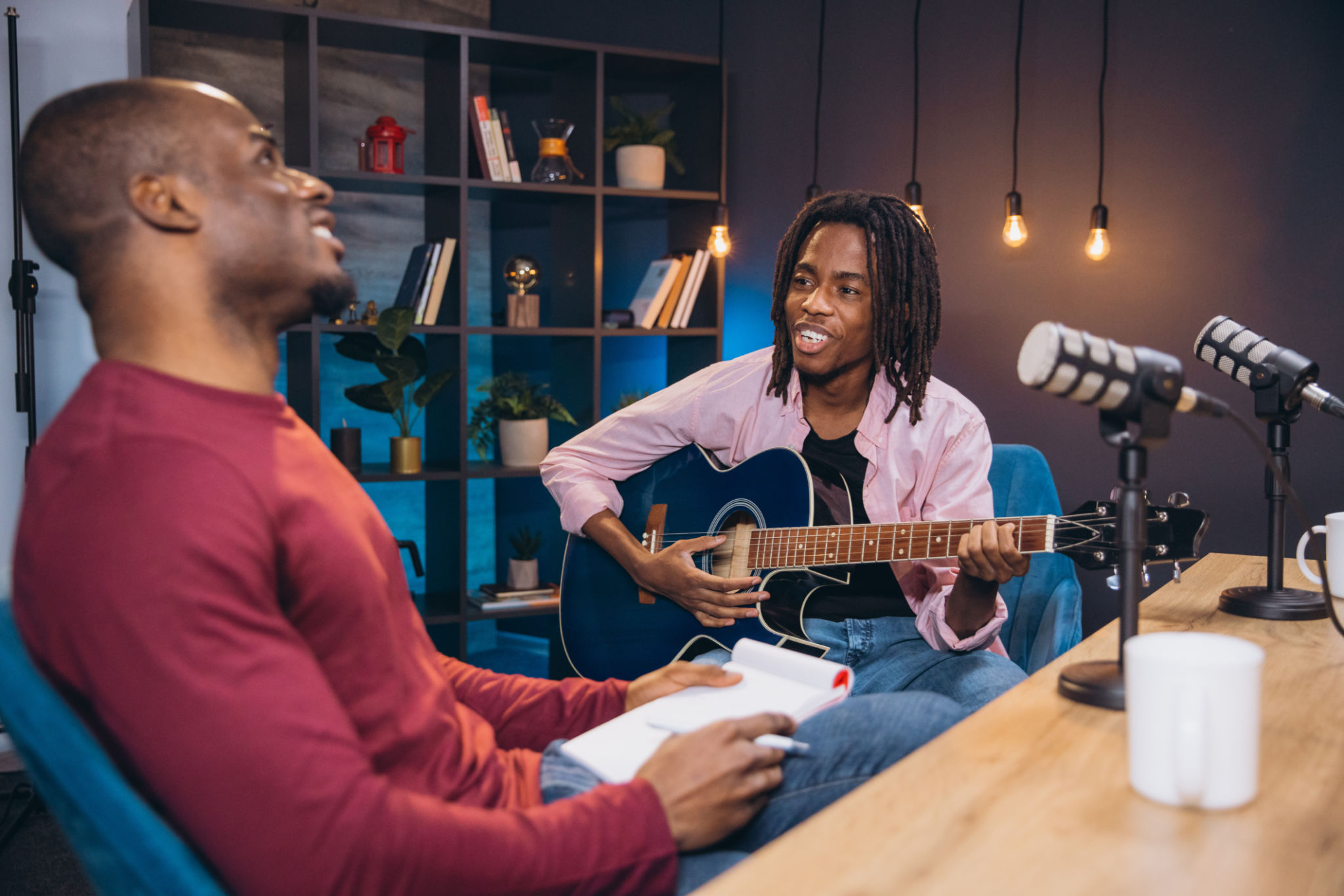Mastering the Art of Music Performance: A Comprehensive Guide for Aspiring Artists
Understanding the Basics of Music Performance
Embarking on a journey as a musician requires dedication, talent, and a deep understanding of music performance. Whether you're an instrumentalist or a vocalist, mastering the art of performance is crucial to captivating your audience and expressing your musical identity. This guide will explore essential tips and techniques to help aspiring artists shine on stage.

Developing Technical Skills
The foundation of any great performance lies in technical proficiency. Musicians should invest time in honing their craft through regular practice and exploration of various musical styles. This involves:
- Mastery of your instrument or voice through consistent practice.
- Understanding music theory to enhance creativity.
- Experimenting with different genres to broaden your repertoire.
The more you practice and push your limits, the more confident you'll become in your abilities, allowing you to perform with ease and precision.
Building Stage Presence
Stage presence is an integral aspect of a captivating performance. It involves connecting with your audience and conveying emotion through your music. Here are some tips to enhance your stage presence:
- Engage with Your Audience: Make eye contact, smile, and connect with your listeners to create an intimate experience.
- Express Emotion: Use body language and facial expressions to convey the emotions behind your music.
- Practice Performance Techniques: Rehearse in front of a mirror or record yourself to identify areas for improvement.

The Importance of Mental Preparation
Mental preparation is as important as physical practice. Overcoming stage fright and building confidence are vital for delivering a flawless performance. Techniques such as visualization, deep breathing, and positive self-talk can help combat anxiety. Visualize yourself performing successfully and focus on the joy that music brings both to you and your audience.
Additionally, mindfulness practices such as meditation or yoga can enhance concentration and reduce stress, allowing you to perform at your best. Embracing these mental strategies can transform nervousness into excitement and drive on stage.
Collaborating with Other Musicians
Collaboration can lead to incredible artistic growth. Working with other musicians provides new perspectives and learning opportunities. It fosters creativity and helps build a supportive network within the music community. Regular jam sessions or joining a band can be immensely beneficial in refining your skills and expanding your musical horizons.

Embracing Feedback and Growth
Feedback is a powerful tool for improvement. Embrace constructive criticism from mentors, peers, and audiences to identify strengths and areas for development. Stay open-minded and view feedback as an opportunity for growth rather than criticism. Continuous learning is crucial for mastering the art of music performance.
Set realistic goals for yourself, celebrate achievements, and remain resilient in the face of challenges. Remember that even the most accomplished artists started as beginners, and persistence is key to reaching your full potential.
The Journey Ahead
Mastering the art of music performance is a lifelong journey filled with challenges and triumphs. By focusing on technical skills, stage presence, mental preparation, collaboration, and feedback, you can enhance your artistry and captivate audiences. Keep pushing boundaries, stay passionate about your craft, and enjoy every moment of your musical journey.
As you continue to evolve as a performer, remember that each performance is an opportunity to share your unique voice with the world. With dedication and perseverance, you can truly master the art of music performance.
